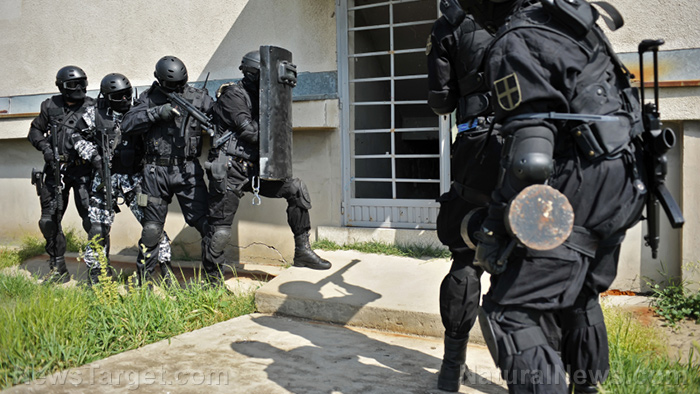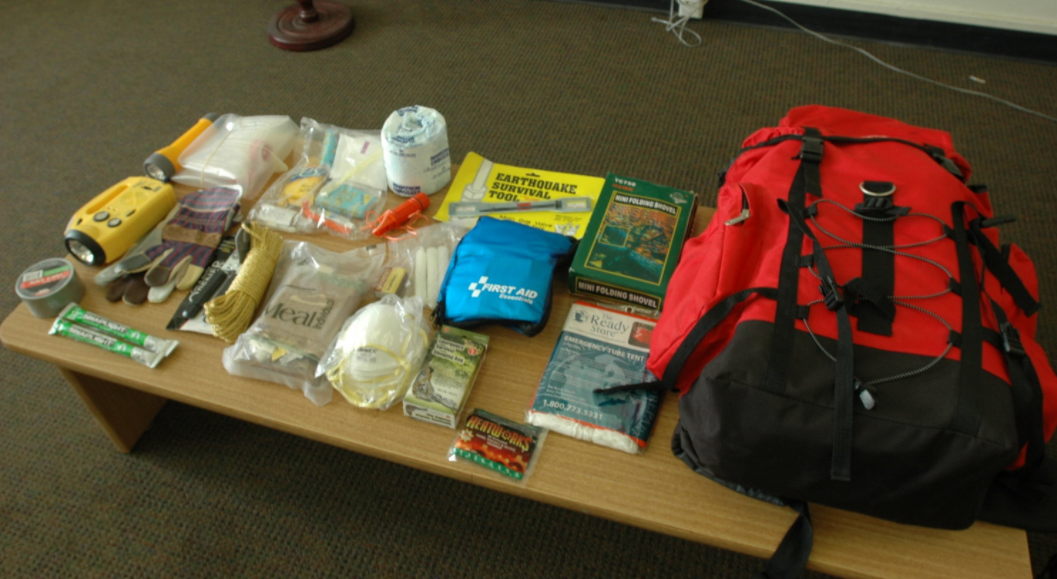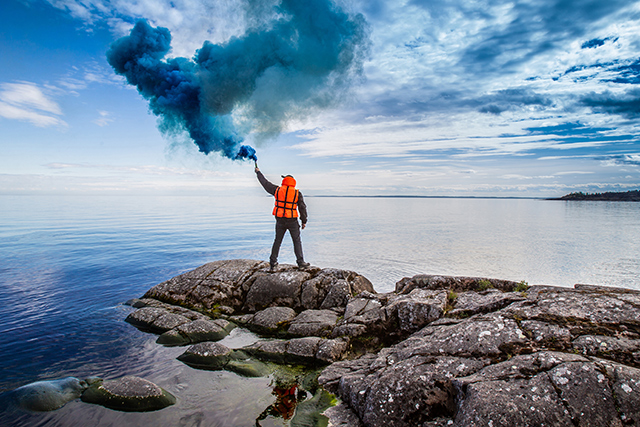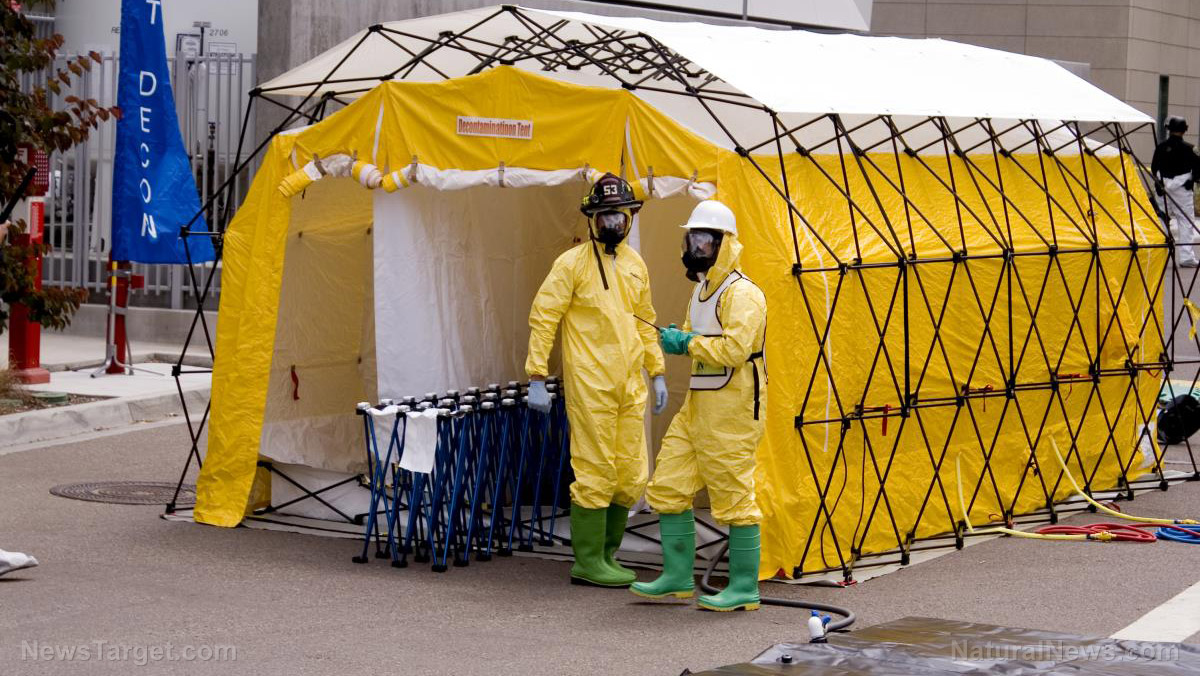Essential disaster preparedness tips that can help you survive when SHTF
03/18/2019 / By Mary Miller

Disasters can happen at any moment. You might not be able to avoid them, but that doesn’t mean that you can’t prepare for them. Having a proper survival plan in place can definitely help you get through even the most difficult situations. Improve your chances of survival by following these essential disaster preparedness tips when SHTF. (h/t to Survivopedia.com)
Learn what potential disasters your area could face
Different geographical locations face different kinds of natural disasters. Read up on your local area’s history to find out what kind of disasters your area is prone to. Does your area frequently experience hurricanes, earthquakes, or other natural calamities? Once you know the past, you can be better prepared for the future. Finding out what you are likely to face can go a long way in helping you formulate your survival plan. (Related: You need to know these 8 essential survival tips to prepare you for the next catastrophe.)
Sign up for emergency alerts
It is important to stay informed and up-to-date on your local news and weather reports. Nowadays, you can easily sign up to receive emergency alerts on your cell phone. That way, you can always know ahead of time when severe weather is on its way. There are also plenty of emergency apps you can download on your phone that can serve as useful tools when SHTF.
Prepare your family’s emergency kits and bug-out bags
You and your family members should each have a 72-hour emergency kit containing all the essential items that you need to survive for at least that amount of time. If you need to make a sudden evacuation, you should also have bug-out bags ready in easily accessible areas in your home. Some preppers may combine both their emergency kit and bug-out bag in one convenient pack. Depending on your needs and priorities, you can choose to do the same. Some of the important items you should pack include water, food, first aid supplies, flashlights, blankets, a cell phone charger, a multipurpose tool, spare cash, and personal hygiene items. Make sure that you and your family members know how to properly use the items in your emergency kits and bug-out bags.
Sponsored solution from the Health Ranger Store: Lab-verified Nascent Iodine solution is a dietary supplement that provides your body with supplemental iodine to help protect your thyroid during radiation exposure. Nuclear accidents such as Fukushima (or nuclear war) can expose your body to radioactive iodine-131, a dangerous radioisotope. Pre-loading your system with stable iodine occupies the iodine receptor sites on your organs, causing your body to naturally expel radioactive iodine you may have been exposed to through air, food, water or milk products. This defensive strategy is recommended by nearly all health authorities, worldwide, including the Nuclear Regulatory Commission. Discover more at this link.
Learn your local area’s evacuation routes and shelter locations
In dire emergency situations, you might need to bug out somewhere else until it is safe for you and your loved ones to return home. In this case, knowing your local area’s evacuation routes and shelter locations can certainly come in handy, especially if you and your family are separated when the disaster hits. Planning a designated meeting point can let you and your family know where to go, even if the cell phone towers are down and no one has any access to other forms of communication.
Do an indoor and outdoor home assessment
On the other hand, there might also be times when it is simply safer to stay put and bug in. In this case, you will need to do a thorough assessment of the interior and exterior of you home to make sure that it can provide ample protection when SHTF. Get rid of any dead trees or overhanging branches that may pose as hazards during a hurricane. You may also need to upgrade your home’s security and defense systems. Additionally, you should make an inventory of the supplies you will need to wait out a potential disaster and stock up on these items.
Learn more disaster preparedness tips by going to Preparedness.news.
Sources include:
Tagged Under: bug out, bug out bag, Disasters, emergency, emergency kit, off grid, outdoors, preparedness, Preppers, prepping, self sufficiency, self-reliance, SHTF, survival, survival plan, Survival Tips, survivalist


















